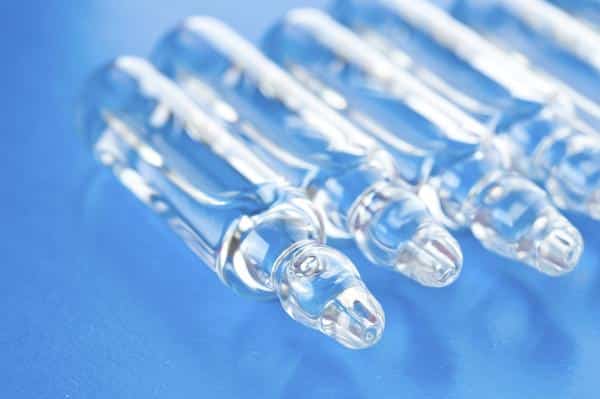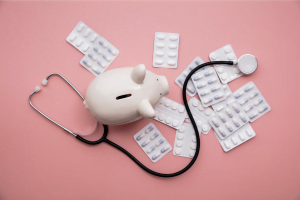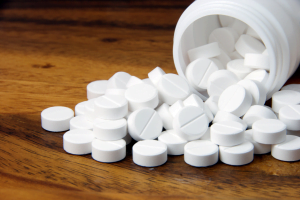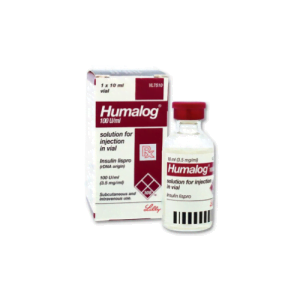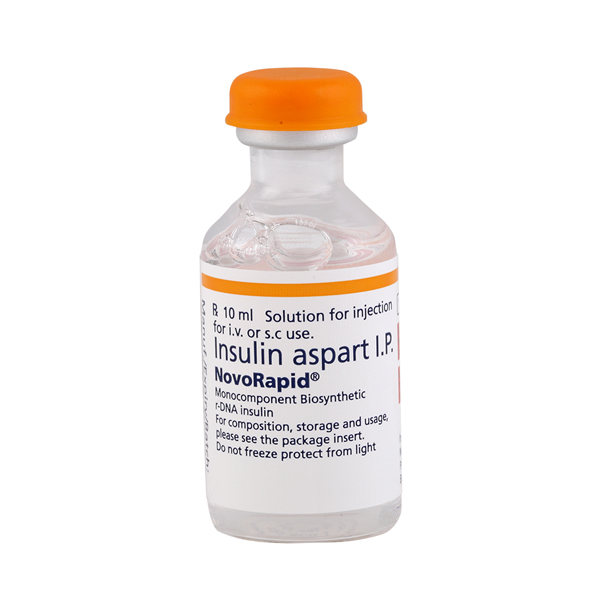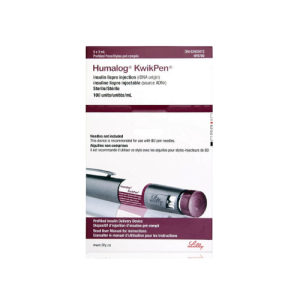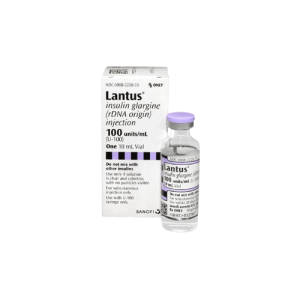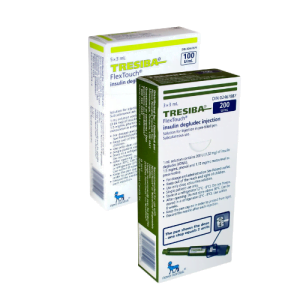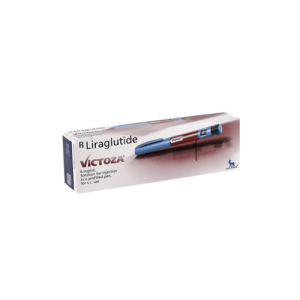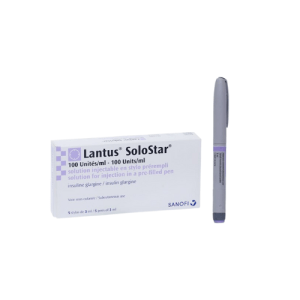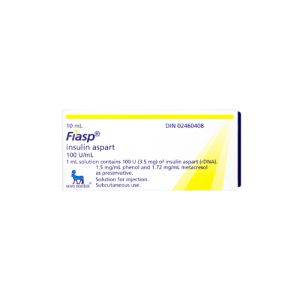What is Novolin Used For?
Novolin is a type of man-made insulin used to control blood glucose levels, which work just like the natural insulin produced by the pancreas. Sometimes, due to personal choice or the amount of money they plan to spend, as well as their insurance coverage, the doctor may prescribe:
- Novolin N: An intermediate-acting insulin, also known as NPH, and it lasts for a longer time in the body than the natural insulin produced by the pancreas. It’s available in a vial as a solution that is injected using a syringe. Bear in mind that only the doctor can determine the best insulin for you, as well as the most effective dose. He or she will also give you tips and remedies to help manage any side effects of Novolin N if they occur.
- Novolin R: This medication is a short-acting insulin, and it is usually taken 30 minutes before eating a meal since it takes about 30 minutes before it absorbs into the bloodstream. This medication’s effectiveness peaks between two to five hours on average, and it works for eight hours. While on this medication, you may experience negative effects.
- Novolin 70/30: A premixed, combination insulin that contains both short-acting insulin and intermediate-acting insulin. It is usually taken 20 to 30 minutes before both breakfast and dinner. The morning dose will continue working during lunch time. It’s critical to always eat lunch when using this medication, or you will be at risk of experiencing Novolin 70/30 insulin side effects, such as low blood sugar (hypoglycemia). The signs of hypoglycemia are hunger, headache, nausea, confusion, drowsiness, weakness, dizziness, seizure, confusion, trouble concentrating, sweating and fast heartbeat.
Novolin Side Effects
A few patients with diabetes develop the common side effects of Novolin, such as itching, redness and swollen at the injection site. This is known as a local reaction. It may occur if the shot wasn’t injected properly, or if you are just beginning your insulin treatment. That’s why it’s important to self-administer the injection if you understand the injection procedure. If you are uncertain, allow a nurse or doctor to administer the shots until you have mastered the process yourself. If the skin is sensitive to the cleaning solution you are using, or you are allergic to the insulin, or if you experience a local reaction, inform your doctor.
Generally, typical negative effects will clear after a few weeks or days once your body becomes used to the medication. Nevertheless, if unwanted reactions are irritating and interfere with your daily activities, don’t hesitate to contact your medical practitioner.
Some severe negative effects need medical intervention quickly, since they can be fatal if left untreated.
Some examples of serious side effects are:
- swelling of the hands and feet due to fluid retention
- eyesight changes such as vision loss or blurry vision
- heart failure
- shortness of breath
- sudden weight gain
Be watchful for signs and symptoms of high glucose levels, like:
- hunger
- dry mouth
- fruity breath odor
- drowsiness
- dry skin
- weight loss
- increased thirst
- urination
Constant high glucose levels while on this medication may be a signal that the medication needs to be adjusted, but always follow your doctor’s instructions.
Don’t share an insulin syringe, pen or cartridge with anyone. Sharing these items can allow infections and disease such as HIV or hepatitis to pass from one person to another.
For Novolin to work effectively, diet, exercise and weight control are vital. If the doctor has advised you on a routine of proper diet, medication, and exercise, adhere to the routine since changing any of these factors may affect blood glucose levels and your insulin needs. Additionally, schedule hospital visits for foot care, eye care, and dental care.
Coping and Support While on This Medication
Living with type 1 or type 2 diabetes can be difficult and frustrating. At times, even after you have followed the doctor’s advice about your medication, diet, and exercise, the blood glucose levels may still rise. However, don’t give up: follow your diabetes plan management and keep communicating with your doctor, and you will see a positive impact.
Since diabetes management can be time-consuming and overwhelming, especially at first, it’s advisable to talk to someone for support. Request the doctor to recommend you to a mental health professional to share your frustrations. Another alternative is to join a support group for those with diabetes where you will have an opportunity to share your disappointments and triumphs with people who can identify with or understand what you are going through. Group members may also share useful tips on diabetes management, such as:
- Keeping vaccinations up to date. Elevated blood glucose levels can weaken the immune system, so it’s good to get a flu shot and pneumonia vaccine every year.
- Wash your feet often using lukewarm water. Dry them gently (particularly between the toes) before moisturizing them with lotion. Remember to check your feet daily for swelling, blisters, cuts and sores.
- Limit alcohol use. Alcohol can trigger high or low blood glucose, depending on the amount consumed.
- Avoid stress. The hormones your body procuces from chronic stress may hinder the medication from working as expected. Since stress may be inevitable, use techniques to deal with your anxiety, such as music, yoga and plenty of sleep.
In Conclusion
For type 1 diabetes treatment to work, take Novolin as prescribed and monitor your glucose levels throughout the day. Record the findings, and share the results with your doctor during regular appointments and check-ups.
—
Disclaimer: Please note that the contents of this community article are strictly for informational purposes and should not be considered as medical advice. This article, and other community articles, are not written or reviewed for medical validity by Canadian Insulin or its staff. All views and opinions expressed by the contributing authors are not endorsed by Canadian Insulin. Always consult a medical professional for medical advice, diagnosis, and treatment.


